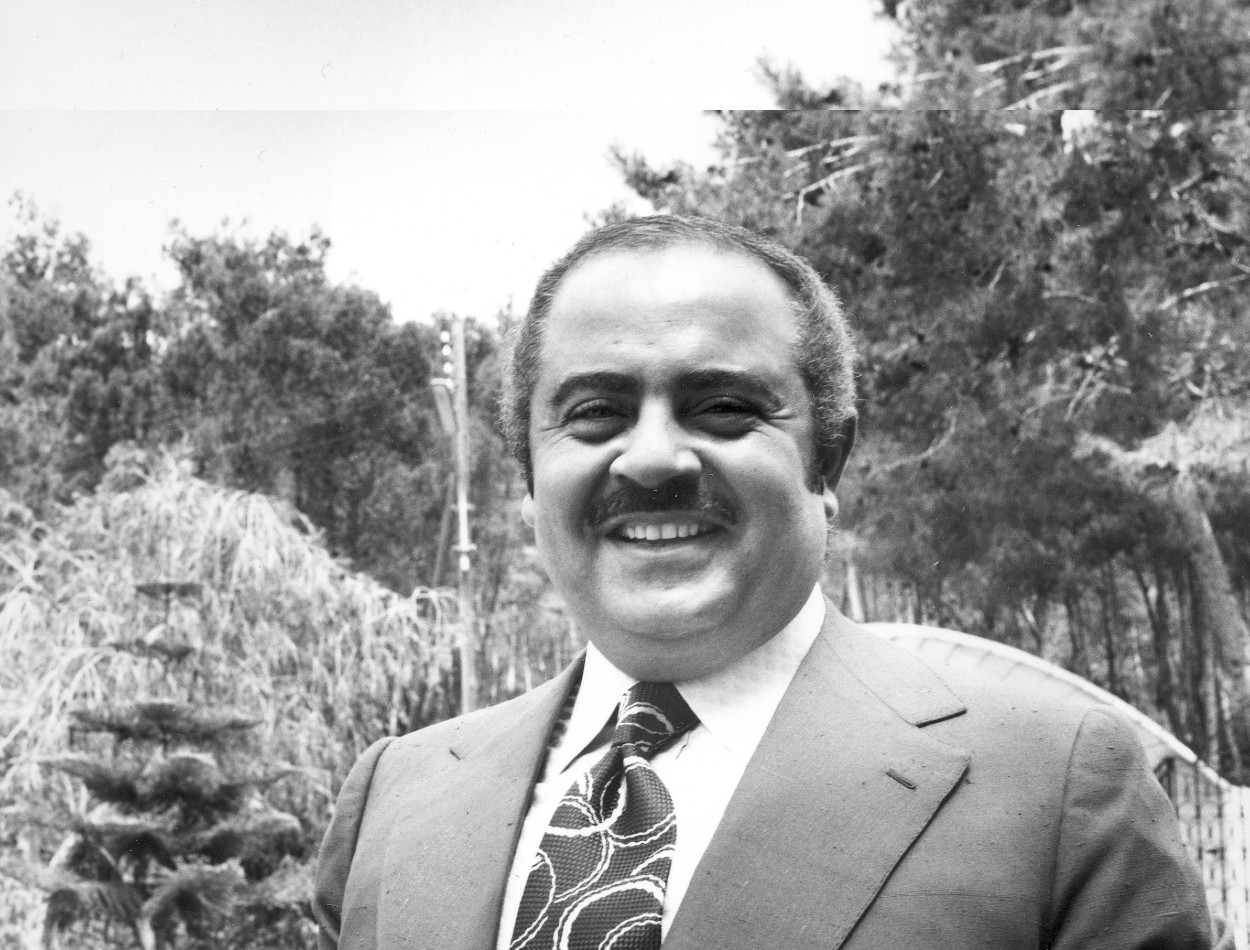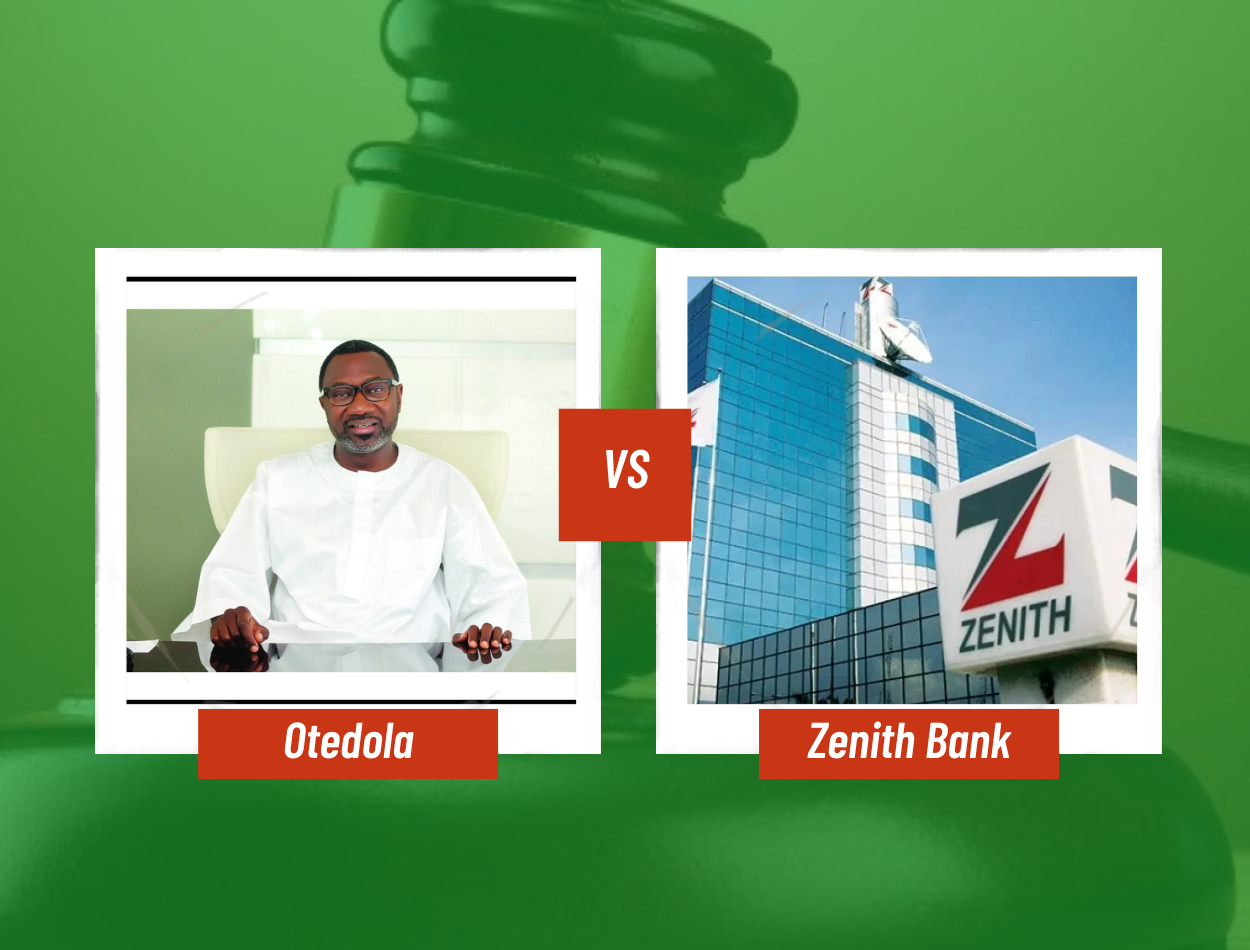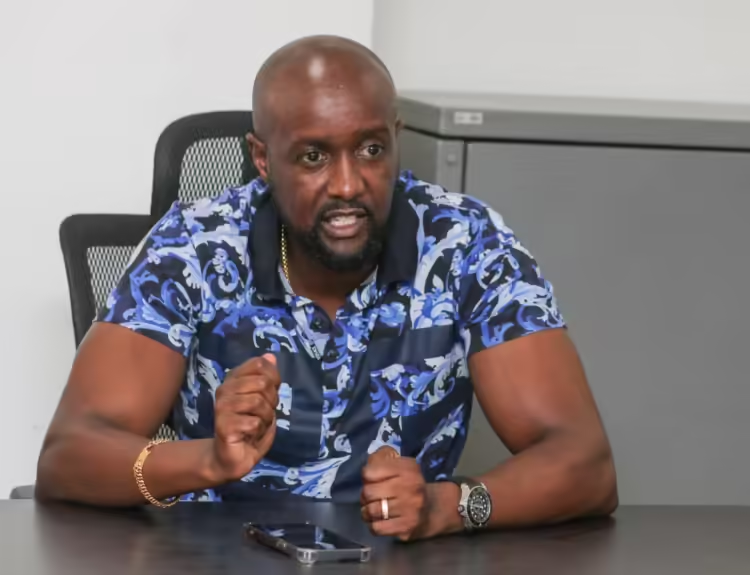For decades, millions of poor Angolans saw Isabel dos Santos, the daughter of former President José Eduardo dos Santos, as the epitome of a system that concentrated power and wealth in the hands of a few.
Once Africa’s richest woman, Isabel has battled corruption and money laundering allegations after she was linked to over $5 billion in losses during her late father’s 38-year rule.
Her father stepped down as the petro-state’s ruler. He handed the helm to handpicked successor João Lourenço, who has presided over the prosecution and jailing of the former President’s relatives and cronies on corruption charges.
Last year, a London High Court froze $733m assets belonging to Isabel in a court battle with Angolan telecoms firm Unitel. The firm is seeking damages over loans that Ms Dos Santos took during her time as a director in the company.
She has dismissed the case, terming it a “political vendetta” by Lourenço, who took power in 2017 and immediately kicked Ms Dos Santos out as the head of Sonangol, an Angolan state-owned oil firm.
Her father appointed her the head of the oil firm in June 2016, but his successor kicked her out in November 2017.
It marked the beginning of her tribulations, falling off the list of Africa’s wealthiest people after a series of asset freezes in Angola and Portugal.
Ms Dos Santos returned to Angola from London in the 1990s, winning a public telecom license tender, marking her meteoric rise to the top as a businesswoman.
Princess
With her father at the helm, she was among the few in Luanda who served as symbols of the confluence of power and wealth in the South-Western African country.
Critics say that the wealth Ms Dos Santos built resulted from lucrative deals in diamonds, oil, banking, telecommunication, and real estate during her father’s 38-year rule.
Media reports have alleged that after the former “princess” was ejected from the state oil firm, millions of dollars were moved to a Dubai-based company linked to her.
A Dutch court last year ruled that the former first daughter siphoned an estimated $57.5 million from the state oil company through Dutch companies.
As the legal headaches mount for the once powerful businesswoman on the continent, several countries, including Angola and Portugal, have already frozen her assets, amounting to billions of dollars.
Ten years ago, American publisher Forbes named Ms Dos Santos the wealthiest woman in Africa, with a net worth of $3.5 billion.
Media reports estimate that she has likely lost $2 billion in assets with very slim chances of ever getting them back.
This is not to mean that she is broke after raids by authorities and mounting legal battles. According to reports, she splits her time between Dubai and London in exclusive neighbourhoods.
She reportedly owns a $35 million yacht, affording her a lavish lifestyle that millions on the continent only wish for.
Like most billionaires in Africa, she likely has bank accounts and assets that might not be on the authorities’ radar, making her no pauper by all standards.
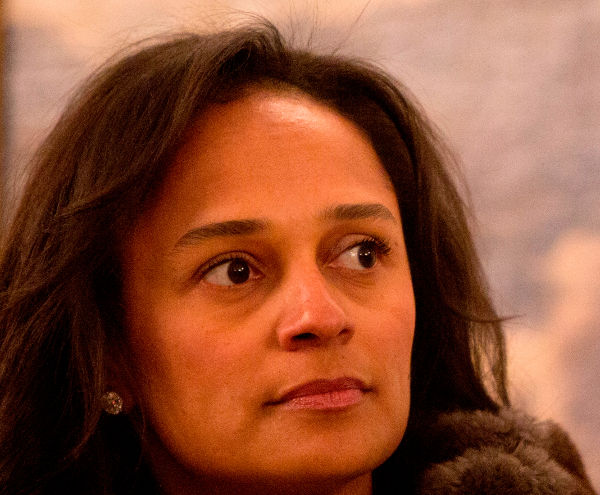
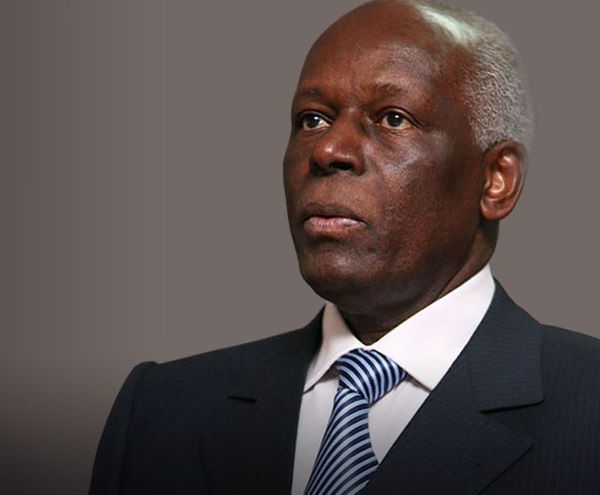
Stake in Portuguese firms
According to court disclosures and media reports, over half of Ms Dos Santos’ assets are shares held in Portuguese companies.
A leaked file by the International Consortium of Investigative Journalists (ICIJ) linked her to over 400 companies registered across Africa, Latin America, Europe, and Asia.
In Portugal, she had stakes in cable TV company Nos, oil firm Galp, engineering firm Efacec, and banks.
The fall of the empire
Trouble for the “princess” started immediately after her father ended his 38-year rule and handed power to his handpicked successor, whom he hoped would protect his interest.
Two months into power, Lourenco fired Ms Dos Santos as the head of the state oil firm; thereafter, a raft of legal claims unraveled the multi-billion empire spanning four continents.
As part of an anti-corruption purge in 2019, authorities in Luanda froze the assets belonging to the former first daughter and her husband, Sindika Dokolo.
The freeze affected their holdings in telecom firm Unitel and Angolan banks. Angolan court at the time said that the couple had defrauded state firms and their dealings had cost the government over $1.1 billion in losses.
After the court in Angola ordered the freeze, courts in other jurisdictions made similar moves, freezing millions of dollars in investments linked to Ms Dos Santos and her husband.
But as Angola and four other countries continue to pursue her, the one powerful businesswoman who moved freely from country to country in Africa and Europe is now splitting her time between London and Dubai.
Angola seems to have abandoned the push to issue an international arrest warrant, opting to push for asset freezes and seizures.
- November 2017 – Lourenco dismisses Ms Dos Santos as the head of Sonangol, the state-owned oil company.
- December 2019 – Angolan court in Luanda freezes her assets, including two banks and telecom company Unitel. Authorities estimate that the assets are worth at least $300 million.
- January 2020 – Angolan attorney general charges Isabel Dos Santos and her Congolese husband, Sindika Dokolo, with corruption and money laundering.
- February 2020 – Portugal freezes Ms Dos Santo’s bank accounts on money laundering and embezzlement charges.
- April 2020 – A Lisbon, Portugal court has frozen her stake in cable TV company Nos. The stake is estimated to be worth $500 million.
- July 2020 – Ms Dos Santos loses $225 million in investment after the Portuguese Economy Minister nationalized Efacec Power Solutions. She owned 72 percent of the firm.
- September 2020 – Dutch authorities launches a criminal probe into how Exem Energy BV, owned by Dokolo, bought shares in Portuguese oil company Galp. A Dutch court has frozen the company’s assets at Galp’s stake worth $500 million.
- October 2020 – Telecoms firm Unitel files a case against Dos Santos in London, accusing a company she owns of defaulting on loans. The company wants Unitel International Holdings BV to pay $430 million.
- December 2020 – London court freezes $734 million in assets in the legal spat with Angolan Unitel.




